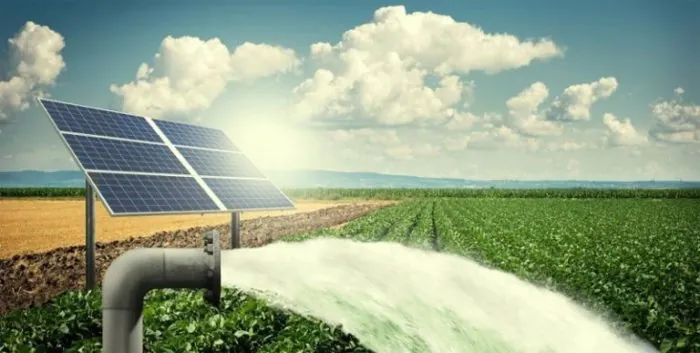Solar-Powered Irrigation Systems – A Life-Changing Technology

Solar-powered irrigation systems are emerging as a game-changing solution in a world grappling with climate change, water scarcity, and the need for sustainable food production. These systems harness solar energy to efficiently water crops, promising to revolutionize agriculture and uplift farmers globally. Traditional irrigation methods reliant on fossil fuels contribute to energy consumption and environmental damage. Solar-powered irrigation offers a sustainable alternative by converting sunlight into electricity to power water pumps. This reduces greenhouse gas emissions, conserves water, and eases energy demands. Beyond sustainability, solar-powered irrigation empowers farmers, especially in areas with limited electricity access. It improves crop yields and water efficiency through precise irrigation control, aiding both productivity and water conservation. Resilience is another hallmark of these systems. Adaptable to diverse climates, they sidestep extensive infrastructure needs. This fosters sustainable land use by making previously unusable land cultivable, combating deforestation, and promoting biodiversity.
Global initiatives like the World Bank’s “Solar-Powered Irrigation for Agricultural Resilience” are driving adoption, particularly in developing countries. While challenges exist, such as initial costs and technical knowledge, the integration of smart technologies and data analytics holds potential to optimize efficiency and management. Solar-powered irrigation illuminates a path toward sustainable food production and environmental harmony. It showcases how innovation can uplift farmers, foster resilience in the face of climate change, and positively transform our world. As we navigate challenges, the brilliance of solar-powered irrigation guides us toward a future where farming and nature coexist, and communities thrive one sunlit field at a time.






